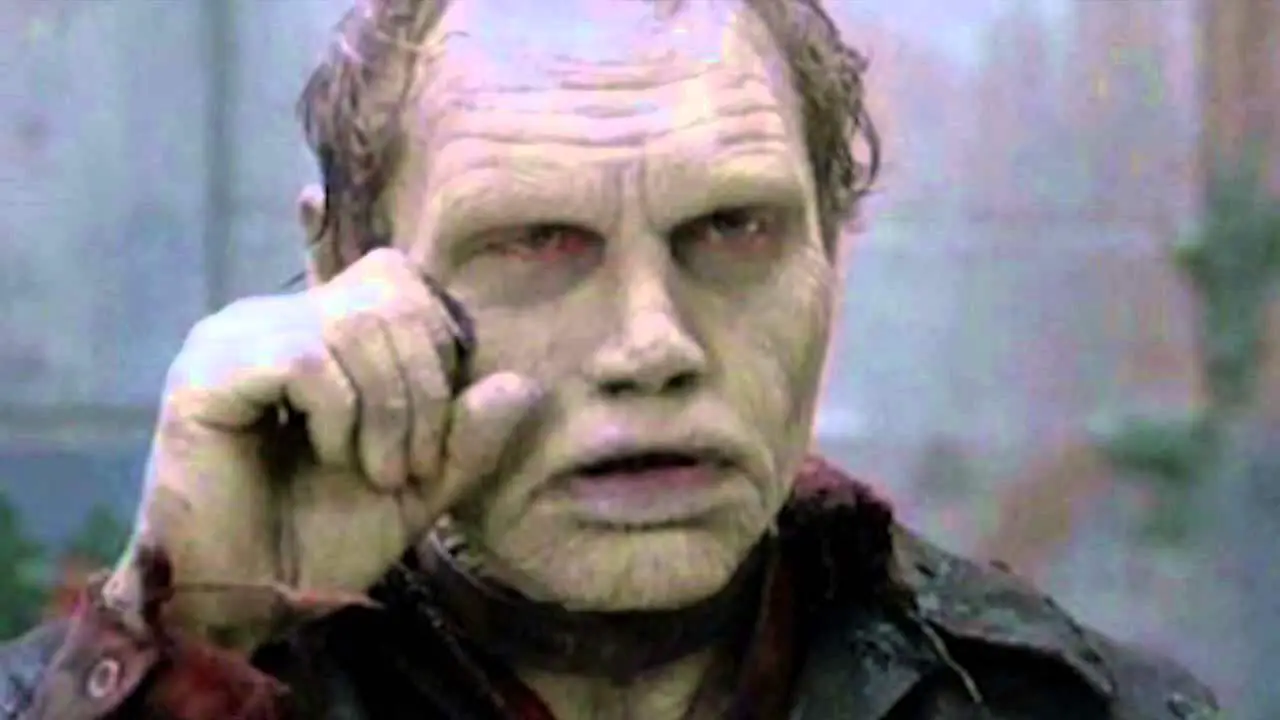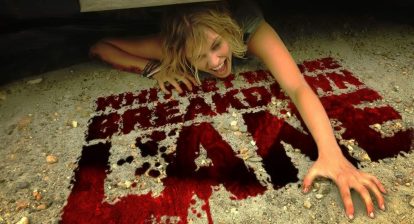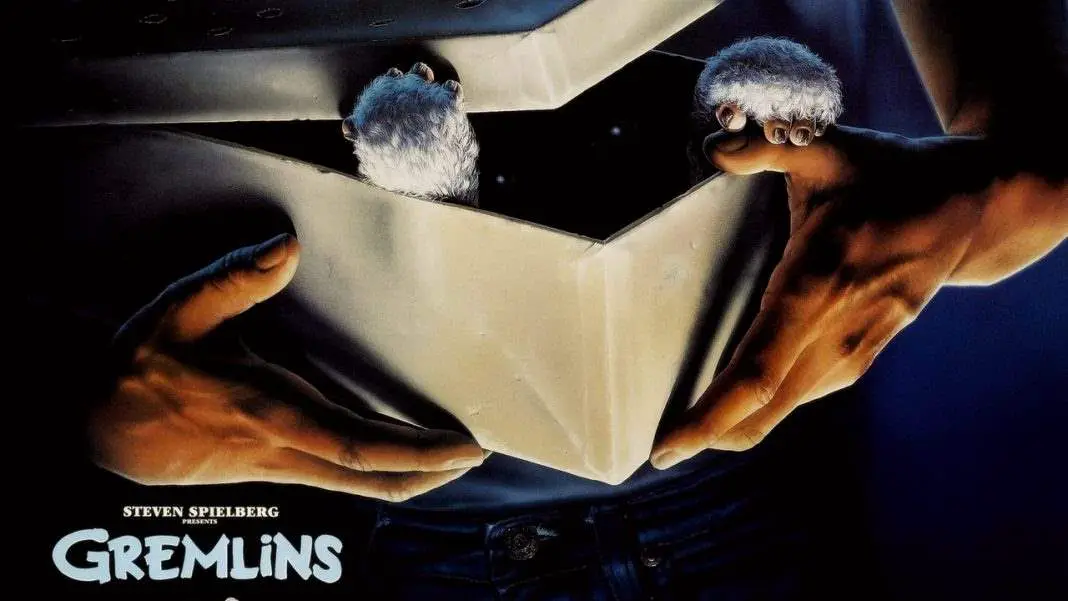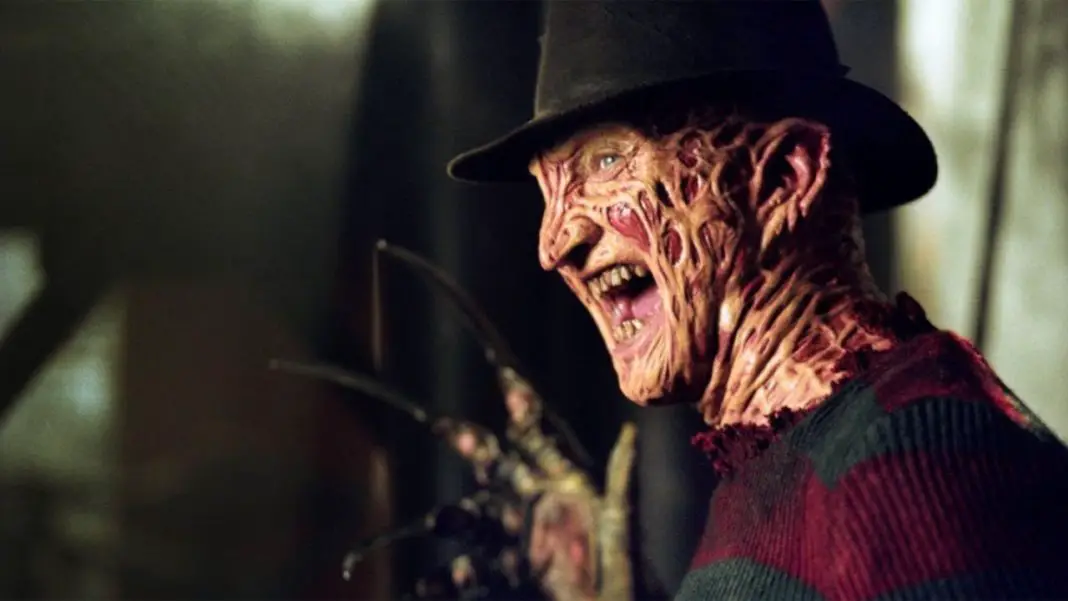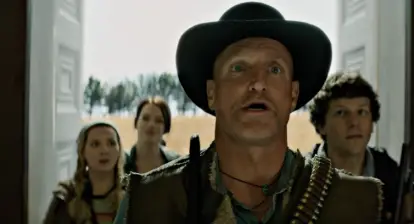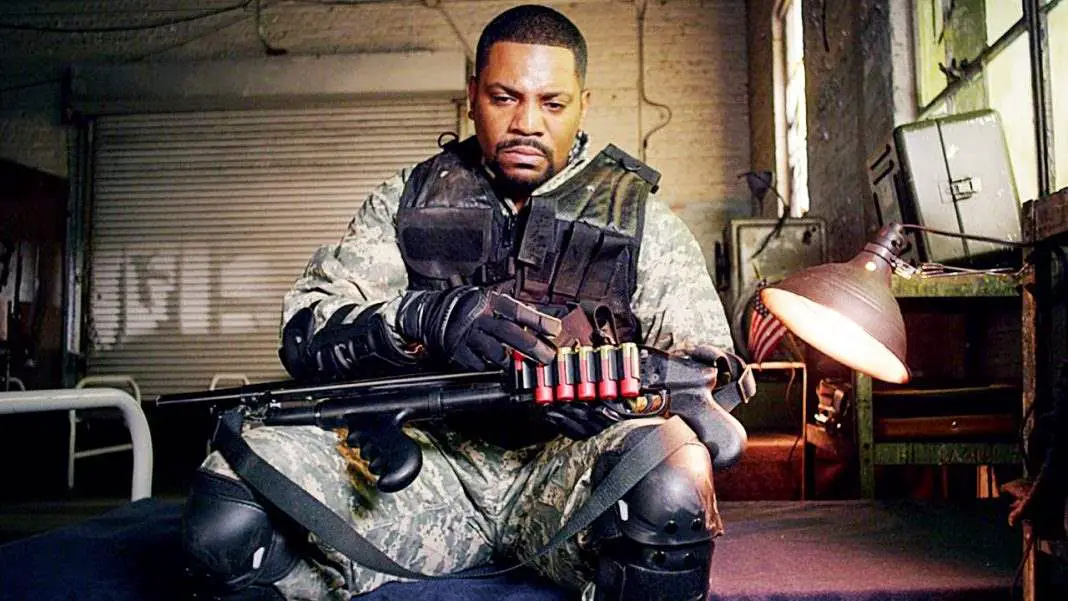George A. Romero’s Day of the Dead is the concluding chapter of his original trilogy. He would go on to make three more zombie films in later years that would not find as much critical success, although they each had their own merits to a degree. While Night of the Living Dead and Dawn of the Dead are frequently heralded as not only two of the best zombie movies ever made, but two of the best horror movies period, Day of the Dead goes constantly overlooked. It does not deserve this fate. In fact, it deserves to be considered as much of a classic as those two and might even stand as the best of the trilogy.
Like Night of the Living Dead and Dawn of the Dead, Day of the Dead was very much written to cater to the decade in which it was made. It was about the problems with the 1980’s. This was the Reagan era, and many horror filmmakers at the time were dealing with its somewhat oppressive nature. While things like John Carpenter’s They Live looked at the problems with the entire system, Romero’s eye was more focused.
Though Day of the Dead definitely looks at societal concerns and humanity in general, Romero’s main point is the amount of power and control given to the military and whether or not that is a good thing. Even with the classism and civil rights themes present in Night of the Living Dead and the overriding theme of consumerism in Dawn of the Dead, this is Romero’s most political zombie movie—and it benefits from that.

On a superficial level, this is when they finally got the look of the zombies right. In the first film, the zombies benefited from the inventive use of light and shadow because Romero had no money to work with. In the second, it was Tom Savini’s great gore effects that saved the day because the zombies were all painted green—given that they were using the same makeup formula from Night, which had been black and white—and looked ridiculous. These zombies look dead. Some of them are horribly mutilated. There’s so much imaginative gore that this could be Savini’s magnum opus.
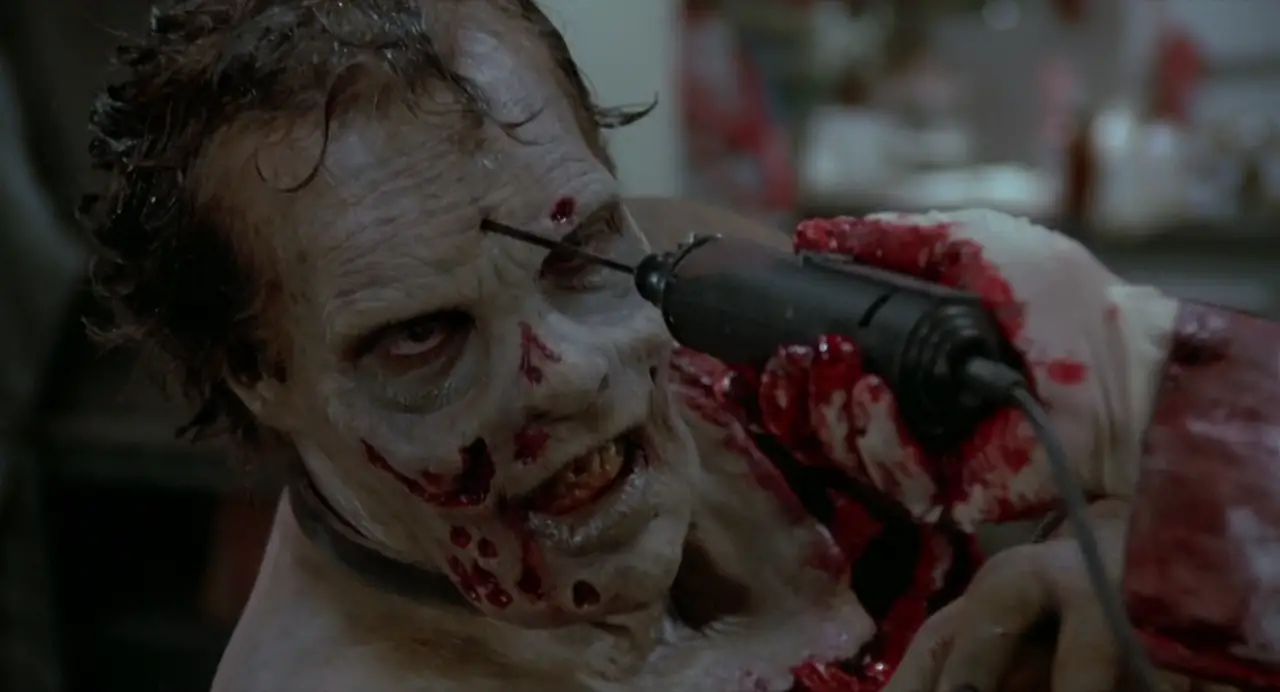 On a deeper level, Day of the Dead embodies themes that have been present in this trilogy from the very beginning and brings everything to a satisfying end. In terms of tone and the emotional elements, it goes back to the extremely grim ending of Night of the Living Dead and carries the torch in a very effective way. That was our first inkling that while the zombies were bad, the humans in this world weren’t great either. Those men weren’t necessarily the military types seen in Day of the Dead, but they were the local authority.
On a deeper level, Day of the Dead embodies themes that have been present in this trilogy from the very beginning and brings everything to a satisfying end. In terms of tone and the emotional elements, it goes back to the extremely grim ending of Night of the Living Dead and carries the torch in a very effective way. That was our first inkling that while the zombies were bad, the humans in this world weren’t great either. Those men weren’t necessarily the military types seen in Day of the Dead, but they were the local authority.
Day of the Dead looks at the progression of zombies and humans alike. The zombies are beginning to evolve, they’re either learning or remembering certain things. Humans, at the same time, are turning into little more than animals. In this new world, it’s people like the powerful Colonel Rhodes who will survive.
It’s a world that’s only fit for those who are emotionless and bloodthirsty. Everyone else might stand a chance against the zombies if they’re lucky, but not against other people. By this point, the living have become a problem as much if not more so than the dead.
 The brilliant thing about Day of the Dead is that it is in essence about the destruction of hope. This movie is about the moment when the outbreak could have been cured, when things could have at least started to get better. This is the moment when the epidemic could have been controlled. But what we’re actually doing is witnessing all the steps that prevent that from happening. There’s no trust between people at this point and everything that can go wrong will go wrong—and it does.
The brilliant thing about Day of the Dead is that it is in essence about the destruction of hope. This movie is about the moment when the outbreak could have been cured, when things could have at least started to get better. This is the moment when the epidemic could have been controlled. But what we’re actually doing is witnessing all the steps that prevent that from happening. There’s no trust between people at this point and everything that can go wrong will go wrong—and it does.
It’s even possible and heavily hinted at in the movie that Rhodes and his men do not want the zombie problem taken care of. They do not want things to change. This is their world now, they are in complete control and everything is just the way they always wanted. Even if the world won’t be exactly the same after an epidemic like this, they don’t want to go back.
Romero says a lot of insightful things with day of the DeaD. Made especially for a time in which things were certainly not getting better, it’s as brutally honest a depiction of humanity as there ever could be. In fact, while it’s certainly about the Reagan era and the political climate, Day of the Dead might hold up the best because of its humanistic themes. Though the political landscape changes, the examination of the human spirit here is something that will always be relevant.
